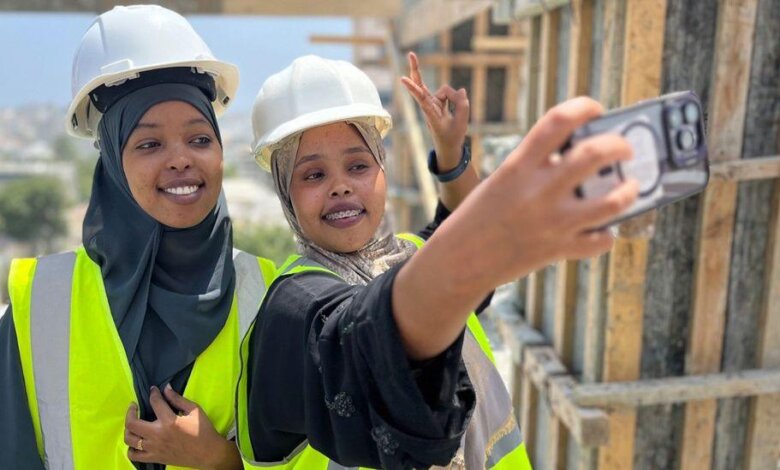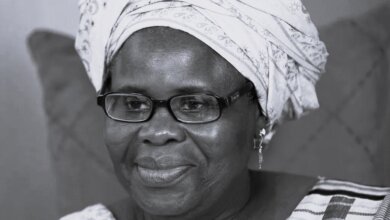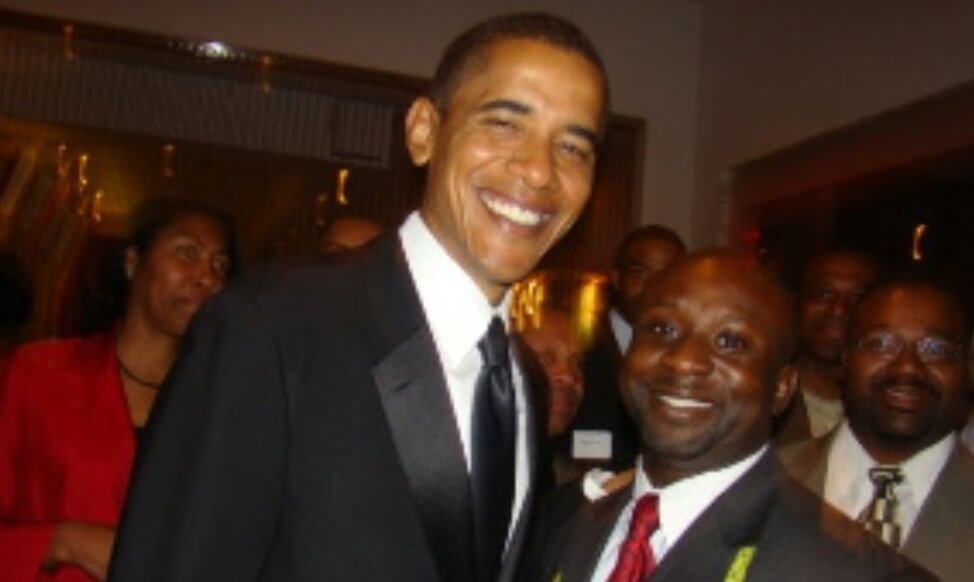The women at the helm of Somalia’s skyline transformation

Somalia’s capital is undergoing a dramatic transformation, with cranes and concrete reshaping a city once defined by ruins. Amid this construction boom, two young female engineers, Fathi Mohamed Abdi and Saadia Ahmed Omar, are challenging stereotypes and helping to rebuild Mogadishu from the ground up.
At 24 years old, Abdi and Omar are leading the development of a 10-story apartment complex in Taleh, located in the city’s Hodan District. Donning hard hats, the pair navigates through bustling construction sites with confidence and authority.
“When I first started, many questioned whether a woman could be trusted to oversee a project,” says Abdi, who serves as chief operating officer at Arkan Engineering Services, a Somali-owned firm. “They doubted both my age and my gender.”
Both women have been practising engineers for five years, driven by a shared mission to contribute to Mogadishu’s rebirth. Omar, also 24, reflects on their journey, “I remember when the city was in chaos. Now, we’re part of its reconstruction.”
Born during Somalia’s protracted civil war, the two chose to stay in their homeland despite insecurity, insurgency, and limited opportunities for women in engineering. Al-Shabab, the al-Qaeda-linked militant group, continues to pose a threat. Still, the women press on, fuelled by a deep commitment to their work.
Their rise comes amid a broader shortage of skilled professionals. Ibrahim Abdi Heyle, chairman of the Somali Engineers Association, notes that the city’s construction surge has opened doors for women.
“There’s more work than there are professionals to handle it,” he says. “That gap has created space for women to step in. And their involvement is not just welcomed, it’s essential.”
In the past five years, Mogadishu has added more than 6,000 new buildings, according to the mayor’s office. Improved security and diaspora investment have sparked a wave of high-rise development, reshaping the skyline and creating fresh opportunities for architects and engineers.
Still, the path has not been without challenges. Women make up just 5% of engineers in Somalia, and mentorship remains scarce. Omar recalls being turned away repeatedly when applying for internships. “They didn’t believe a woman could handle the demands of the job,” she says. “I searched for months before someone finally gave me a chance.”
Today, Abdi and Omar are among Mogadishu’s most recognized female engineers, having supervised over 30 multimillion-dollar projects. But enforcement remains inconsistent. Observers worry that the breakneck pace of construction leaves little room for oversight. Abdi and Omar insist their projects follow regulations and have been vetted by city authorities.
The rapid urbanization has also exposed deep infrastructure challenges. Mogadishu lacks a centralized sewage system, and unregulated borehole drilling threatens the city’s groundwater. Christophe Hodder, a UN adviser on climate security, warns of looming environmental risks.
“Every new building digs its own borehole,” he says. “In densely populated areas, there could be 10 or 20 in a small space. That’s unsustainable.”
The government, with international partners, is working on a modern sewage plan, though it may involve demolishing structures built in unregulated zones, a controversial move. Mogadishu’s population is swelling as people flee drought and conflict in other parts of the country, putting more pressure on services and deepening inequality.
Both Abdi and Omar see their work as part of a larger transformation. “We’re not just building towers,” says Omar. “We’re building a future.” Abdi adds, “We’re showing that women can lead in this field, not just participate. We’re helping shape the new Mogadishu.”
Written by Kweku Sampson

This article is published by either a staff writer, an intern, or an editor of TheAfricanDream.net, based on editorial discretion.





